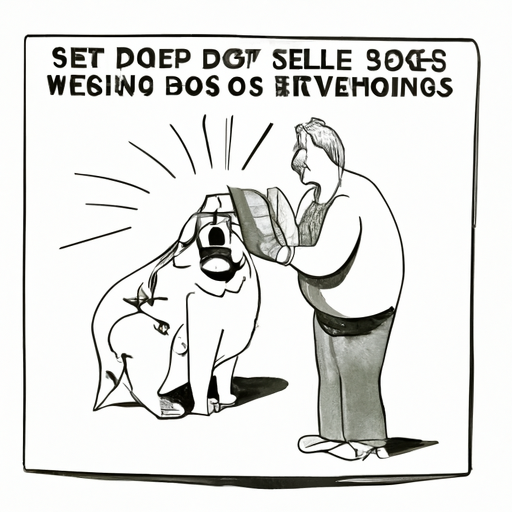“`markdown
How to Stop a Reverse Sneeze in Dogs
Understanding Reverse Sneezing
Reverse sneezing, or inspiratory paroxysmal respiration, is a common respiratory event in dogs. Unlike a typical sneeze where air is expelled out, a reverse sneeze involves a rapid and repeated inhalation through the nose, accompanied by snorting or gagging sounds. It can be alarming to witness, but it’s generally harmless and over within a minute.
Recognizing the Signs
You may notice your dog extending their neck and head, gasping inwards with their mouth closed. The following are common signs:
- Snorting, honking, or gagging sounds
- Rapid inhalation
- Extended neck and head
- Seems to struggle for breath
How to Stop a Reverse Sneeze
As a caregiver, it’s natural to want to comfort and help your dog. Here are some strategies you can use:
- Gently cover their nostrils. This prompts your dog to swallow, which can interrupt the sneezing.
- Massage their throat. Gentle strokes often help to soothe the spasms.
- Distract them. Sometimes, getting their attention away from the sneezing can help it stop.
| Method | Description |
|---|---|
| Cover nostrils | Prompt swallowing |
| Throat massage | Soothe spasms |
| Distraction | Divert attention |
Prevention and When to Seek Vet Help
While reverse sneezing is usually harmless, frequent bouts warrant a vet visit. Your vet can rule out potential causes like allergies, nasal mites, or foreign bodies. To prevent reverse sneezes:
- Keep your dog’s environment dust-free
- Use a harness instead of a collar
- Limit exposure to smoke and aerosols
Frequently Asked Questions
What triggers a reverse sneeze?
Often it’s due to irritation or inflammation of the nasal, pharyngeal, or sinus passages.
Should I be worried if my dog reverse sneezes frequently?
While it’s usually harmless, frequent bouts should be checked by a vet to rule out underlying issues.
Does reverse sneezing harm my dog?
No, while it may seem distressing, it’s typically harmless and over quickly.
Remember, as a caregiver, your calm response helps your dog stay calm too. Understand that reverse sneezing is usually a normal canine behavior and typically nothing to worry about.
“`



